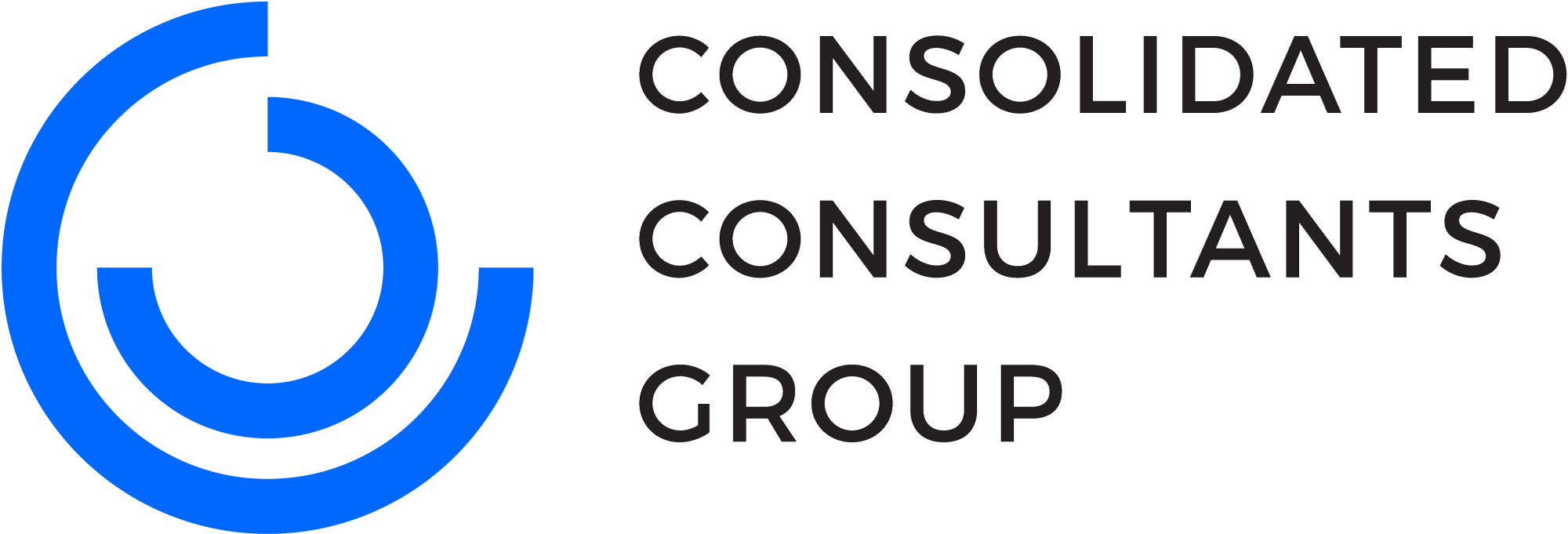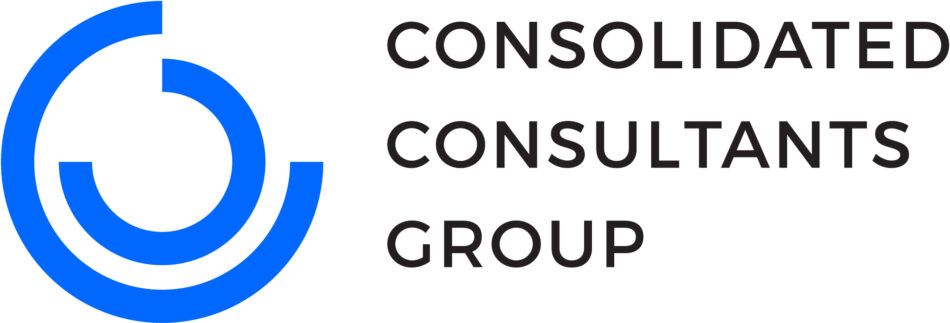Industry Insights: Site Supervision
Outline
Introduction
Site supervision is a critical component of construction project management, ensuring that projects are executed according to design, specifications, and standards. Effective site supervision helps in maintaining quality, safety, and efficiency throughout the construction process.
Key Responsibilities
The main responsibilities of site supervision include:
- Monitoring Construction Activities: Overseeing daily construction operations to ensure adherence to plans and specifications.
- Ensuring Compliance: Verifying that all work meets safety regulations, quality standards, and contractual requirements.
- Managing Resources: Coordinating the use of materials, equipment, and labor to optimize efficiency and productivity.
- Problem Solving: Addressing and resolving any issues or conflicts that arise on site promptly.
- Reporting: Documenting progress, delays, and any deviations from the original plan for project stakeholders.
Best Practices
Adopting best practices in site supervision helps achieve successful project outcomes. Key practices include:
- Regular Inspections: Conducting frequent site inspections to monitor progress and ensure compliance with project requirements.
- Clear Communication: Maintaining open lines of communication with project teams, contractors, and stakeholders to facilitate smooth operations.
- Detailed Planning: Developing comprehensive site plans and schedules to guide construction activities effectively.
- Training and Development: Providing ongoing training for site supervisors to stay updated with industry standards and best practices.
- Safety Measures: Implementing stringent safety protocols to protect workers and minimize risks.
Benefits
Effective site supervision offers several benefits:
- Enhanced Quality: Ensuring that work is performed to high standards and according to project specifications.
- Improved Efficiency: Optimizing resource use and reducing delays through proactive management and coordination.
- Cost Control: Preventing cost overruns by managing resources effectively and addressing issues promptly.
- Increased Safety: Enhancing site safety and reducing the risk of accidents and injuries.
Challenges
Site supervision can encounter various challenges, including:
- Coordination Issues: Managing and coordinating multiple teams and subcontractors can be complex and require effective communication.
- Unforeseen Conditions: Dealing with unexpected site conditions or changes in project scope that may impact the construction process.
- Resource Management: Ensuring that materials, equipment, and labor are available and used efficiently throughout the project.
- Regulatory Compliance: Keeping up with and adhering to changing regulations and industry standards.
Future Trends
Future trends in site supervision are expected to include:
- Technology Integration: Utilizing advanced technologies such as drones, BIM (Building Information Modeling), and real-time monitoring for improved site management.
- Data Analytics: Leveraging data analytics to enhance decision-making, predict issues, and optimize site performance.
- Sustainability Focus: Emphasizing sustainable construction practices and green building standards in site supervision.
- Remote Supervision: Implementing remote supervision tools to monitor site progress and manage projects from afar.
Conclusion
Site supervision plays a crucial role in ensuring the successful execution of construction projects. By adhering to best practices, overcoming challenges, and embracing future trends, site supervisors can enhance project quality, efficiency, and safety, ultimately contributing to successful project outcomes.
Frequently Asked Questions
Site supervisors are responsible for monitoring construction activities, ensuring compliance with regulations, managing resources, problem-solving, and reporting on progress.
Effective site supervision ensures that construction work meets quality standards and specifications, leading to high-quality project outcomes.
Challenges include coordination issues, unforeseen site conditions, resource management, and maintaining regulatory compliance.
Best practices include regular inspections, clear communication, detailed planning, ongoing training, and stringent safety measures.
Get in Touch
If you have any questions or need more information about our site supervision services, feel free to contact us. Our team is ready to assist with your site supervision needs.













